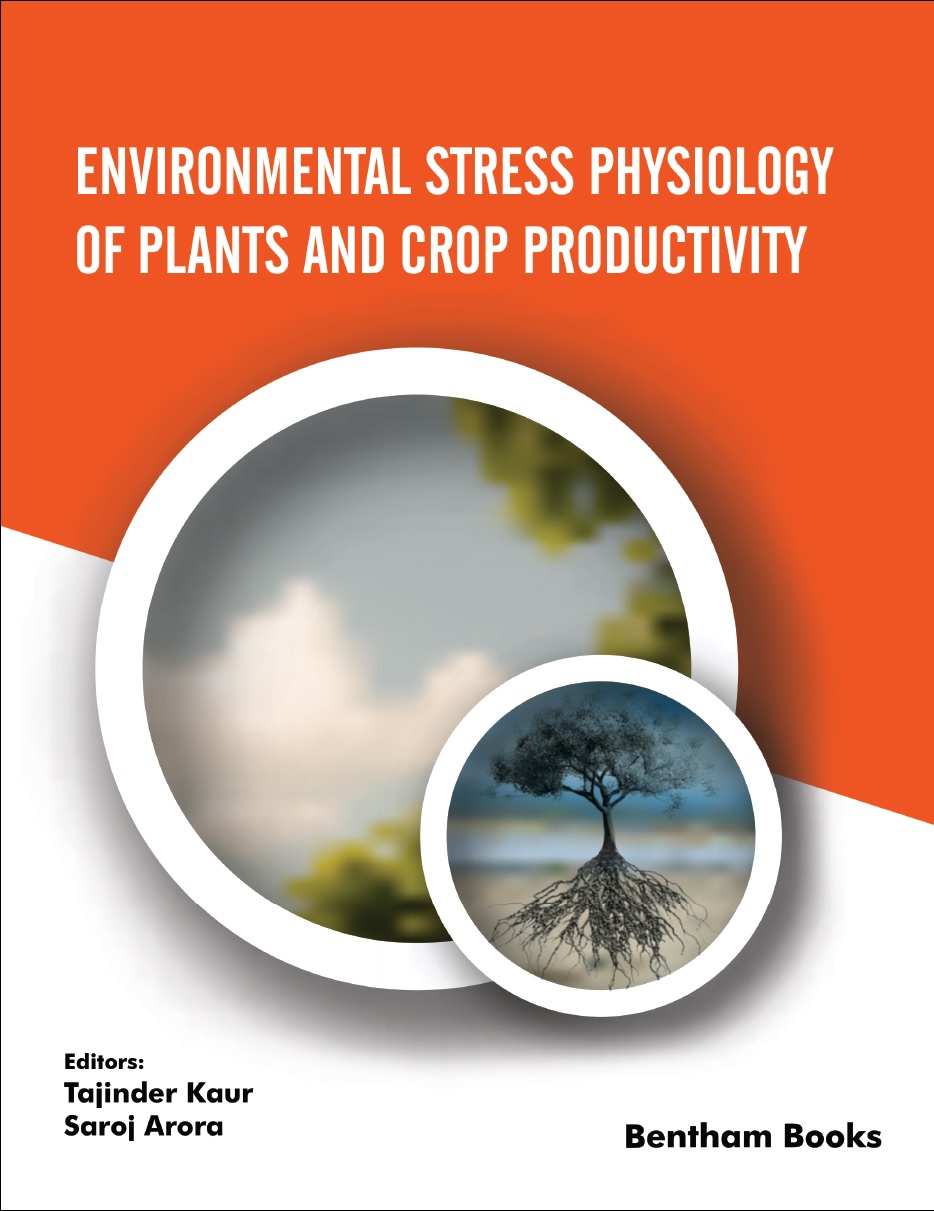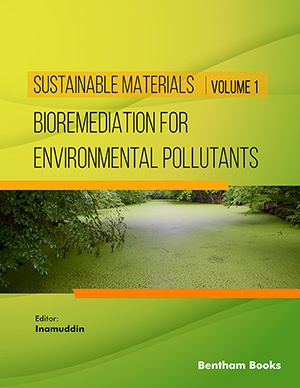Abstract
Soil acts as a source of nutrient elements, and the availability of nutrients is determined by soil properties. The different elements are grouped according to their biochemical behavior and physiological functions. The nutrients that are needed in moderately large amounts are called macronutrients. The plant macronutrients comprise nitrogen, potassium, phosphorus, calcium, sulfur, and magnesium. The micronutrients are required for plant growth in much smaller quantities than macronutrients. These micronutrients contain boron, copper, iron, manganese, molybdenum, and zinc. All of these nutrients are absorbed through the roots. Water will transfers the nutrients from soil to the roots of the plant. In this chapter, we will discuss the physiological role of essential and non-essential elements and the effects of some general environmental stressors, such as salinity, drought, and metals, on nutrient uptake by plants.
Keywords: Deficiency symptoms, Drought, Essential elements, Heavy Metals, Macronutrients, Micronutrients, Salinity.






















